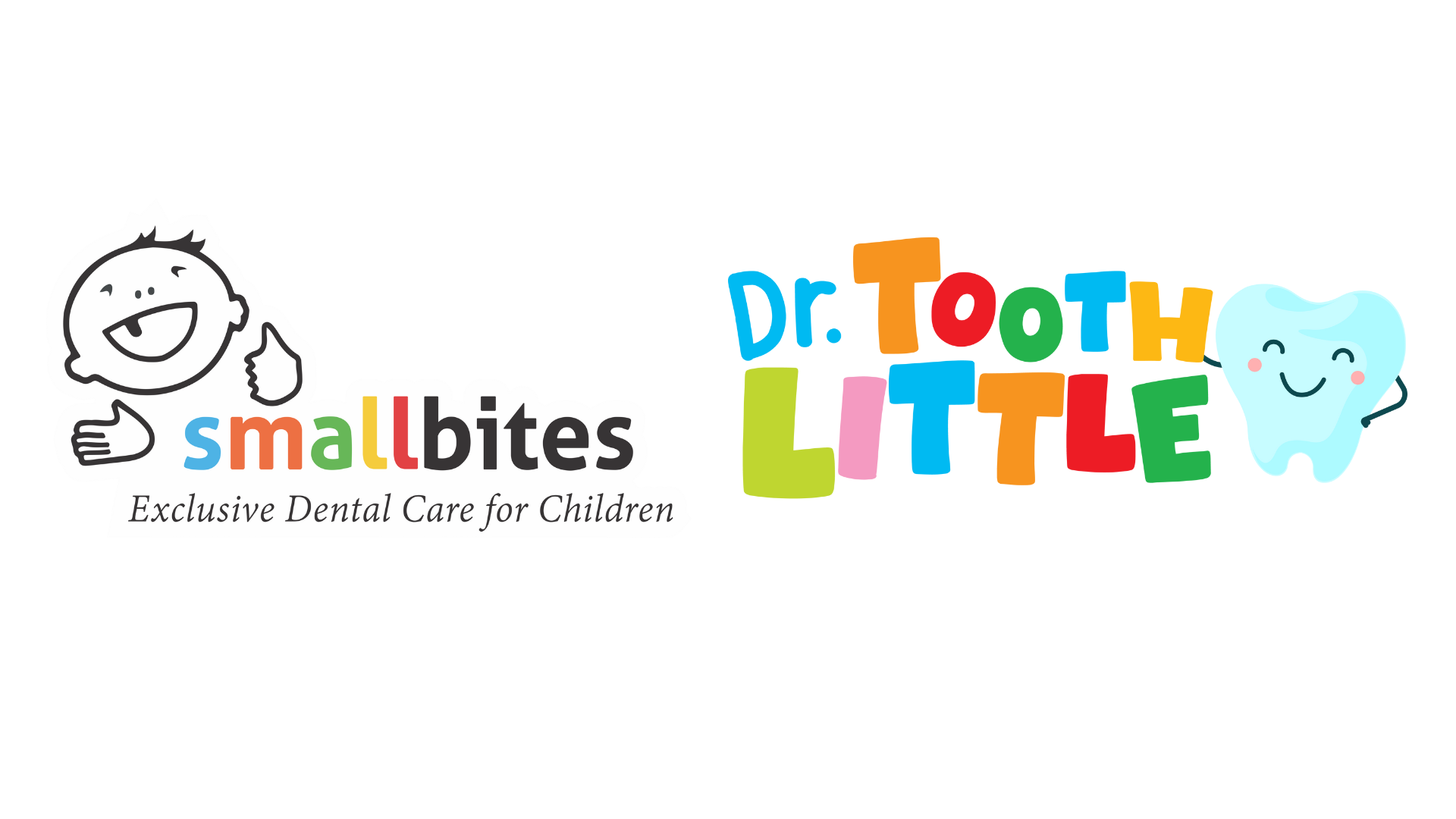Part 1: The Big Emotions That Define Hypersensitive Children

This is Part-1 of a 3-part series on Hypersensitivity/ Oversensitivity impeding access to pediatric dental care.
Oral care is fundamental to health and well-being. But so many of us growing up haven’t paid enough attention to it. The occasional tooth pain or gum bleed was always relieved with homemade kitchen remedies or ‘ghar ke nuske’. While these helped in the short term, many issues were carried into adulthood, which showed up as weakened teeth, easy chipping, hidden caries and more as adults. Having learnt our lessons with age and experience, it befalls us to ensure children today don’t have to go through the same cycle of bad oral health. But oral care is much more than getting checkups or bad teeth. What if the reasons for inadequate oral care in children go beyond physical and instead into over-sensitivity to stimuli, avoidance of touch, fear of sharp instruments or even the excessive sound that accompanies the use of dental instruments?
Hypersensitivity is one of the hidden yet recently understood reasons why so many of us have avoided the access to early oral care. It can happen by itself or as a part of a bigger issue to do with growing up, hidden traumas, unaddressed developmental issues or unallayed fears. Many of us when older have realized things that could have been addressed early, but with constant delays have escalated to them becoming unmanageable.
How then does one address hypersensitivity in kids, and what can parents do to manage it better?
A hypersensitive child experiences the world more deeply and intensely than others. A heightened sense towards stimuli like noise, light, emotions and textures makes them react strongly, resulting in them being overstimulated and overwhelmed. Sometimes they react to this by acting up, some other times they shut down and refuse to follow instructions. Often, they get angry or are irritable, getting unreasonable in behavior.
As parents these reactions are often considered as part of the child’s normal psychology or just their way of acting up. But it can go deeper than that. A resistant child or uncooperative child is a child unwilling to follow instructions, instead putting up barriers to everyday tasks like meals, play, studies and even getting regular dental care. Tasks like brushing and gargling become a battle of wills, with perennial fights leaving everyone exhausted.
Highly sensitive children are feisty children. They don’t ‘overreact’ on purpose but have big emotions and don’t know the proper way to express them. Oversensitive children show a few common traits irrespective of what the stimuli is or how is it affecting them;
- Experience emotional extremes – They feel the world deeply and react strongly, often not in the way parents expect. Their emotions go from one moment of sadness to another moment of elation, and their senses are stimulated constantly.
- Experience sensory over-stimulation – They are highly sensitive to sensory input like smells and sound, texture and light. They may be afraid of bathrooms if the flush is too loud or may not want to walk on very smooth floors.
- Prone to meltdowns – When they get triggered with the slightest things pertaining to their sensory overload, they get overwhelmed into meltdowns, showcasing oversized emotions, reacting in the extremes to simple triggers.
- Finely tuned to everyone & everything – Oversensitivity can lead to over-processing of information, pre-empting what will happen, preparing for the worst. This is often followed by excessive reaction to simple stimuli.
- Excessive need for control of situation – Overwhelmed children don’t do very well with sudden actions or being in unprepared situations, like a visit to a dentist where a simple check might lead to deeper assessment or a series of oral interventions.
Over-sensitive or hypersensitive children need to be dealt with differently than others. They cannot be rushed into a dental clinic, should not go in unprepared and must be worked with to make the whole experience fun and engaging.
In Part 2 of these series, we try to understand what goes on in a child’s mind when dealing with overwhelming or new situations and how can parents help them prepare better.

